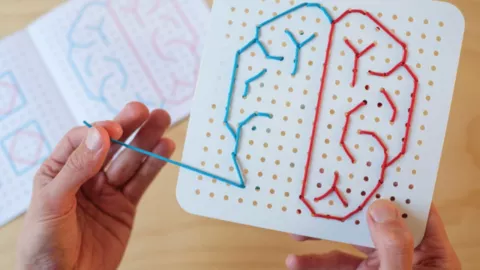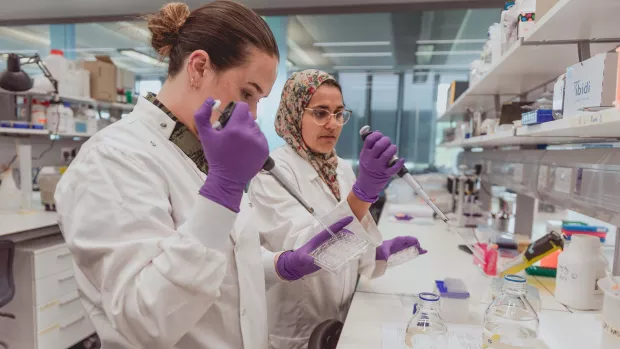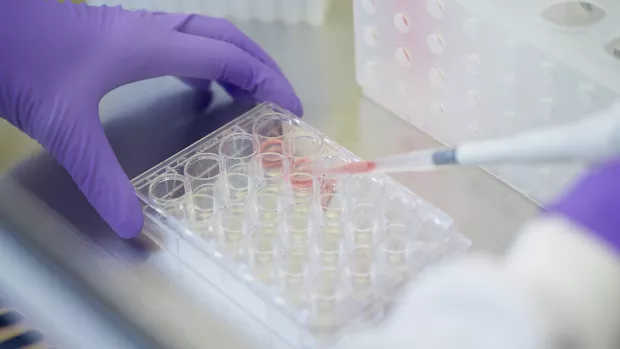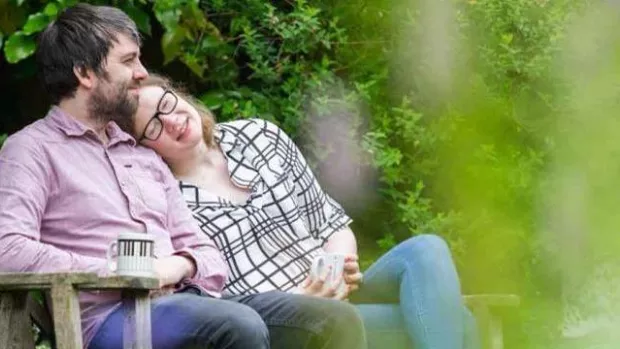
Meet the physio helping people with advanced MS use their hands
For International Day of Women and Girls in Science, we’re meeting some of the brilliant women from the BartsMS research group at Queen Mary University London. Dr Andrea Stennett is a neuro-physiotherapist whose MS research journey started out thousands of miles away in the Caribbean.
Hi Andrea. So first things first, can you tell us what a neurophysio actually is?
“Of course. I’m just a normal physio who specialises in conditions that affect the brain and spinal cord, like Stroke, Motor Neurone Disease and MS.”
That makes sense! So how did you come to be an MS researcher?
“Well I actually qualified as a physio in the Caribbean and we didn’t really see many people with MS. So that immediately sparked my interest. I didn’t really know how to approach MS and I wanted to find out. Especially because the few people with MS I did see were all so different and facing such a huge variety of challenges.
Since I moved to the UK, I’ve focussed much more on MS. I completed a PhD looking at how exercise and physical activity can help people with MS. And although I still work in the clinic, I’ve been jumping on more and more research projects.”
One of the few positives to come out of COVID-19 is that we’re already better at doing research remotely, so no one needs to come into the clinic to take part. We send everything out in the post.Dr Andrea Stennett
And what do you love about MS research?
“I love that as a physio I can bring a different perspective and knowledge.
Working with top MS neurologists like Professor Klaus Schmierer, who’s leading the ChariotMS clinical trial, is really inspiring too. ChariotMS is a trial for people with advanced progressive MS. Crucially, it gives a group who’ve previously been overlooked – people who can’t really walk anymore – the opportunity to take part in a trial.
This is something I’m really passionate about because historically, even as physios, I feel we’ve been guilty of this. There’s always been a lot of focus on getting people walking and it’s almost like the hand was left behind.”
We hear you! So you’re working on hand function now?
“Yes! I’m currently recruiting participants for a study testing a new rehab tool for hand and arm function.
It’s a really simple tool – just a piece of plastic with holes in and two colourful laces. The challenge is to follow instructions to make different designs, like the one in the picture above.
We’re hoping by creating a whole series of patterns for people to try, and even adding a chat feature where people can discuss ideas for new patterns, people will get into a routine of daily practise.”
And what are you hoping the tool will do for people with MS?
“We know sometimes if one of your hands has been causing you difficulties, you might just avoid using that hand altogether. It’s totally fair enough, you want to avoid dropping things! But then when that hand gets weaker, you might think it’s because of your MS getting worse, when actually it could be just lack of use.
Using this tool is like a sneaky way of getting in some exercise. It forces you to use your fingers, hands, wrists, arms, elbows – the whole lot!
We want to know whether doing it every day can help people maintain, or even improve, their ability to use their upper limbs.”
How do we get hold of one of these tools?
“Easy, sign up to take part in the study on the Under and Over website. One of the few positives to come out of COVID-19 is that we’re already better at doing research remotely, so no one needs to come into the clinic to take part. We send everything out in the post.
This is just a small study, but if the results are positive we’d hope to roll it out to a much larger group of people.”




